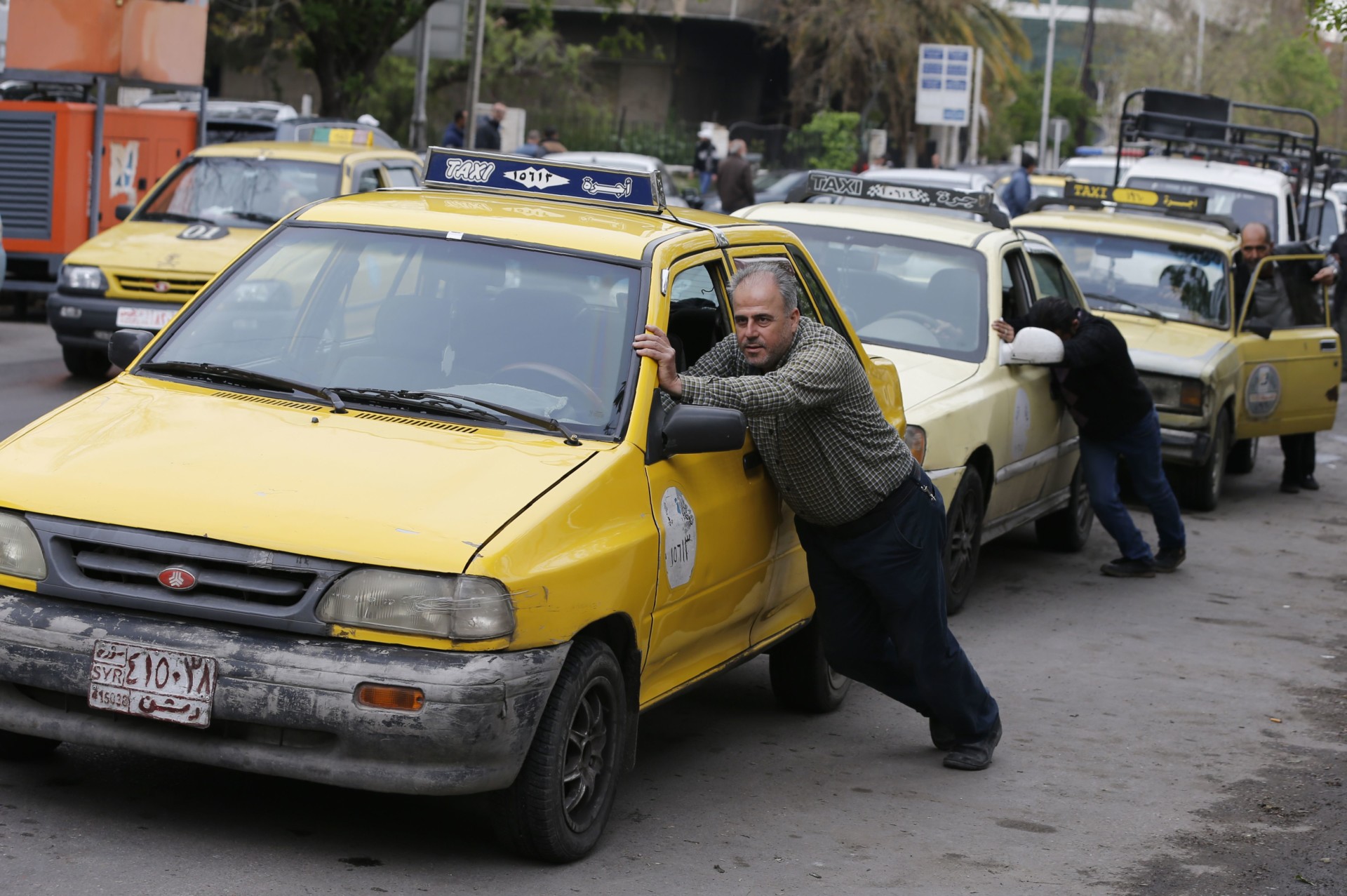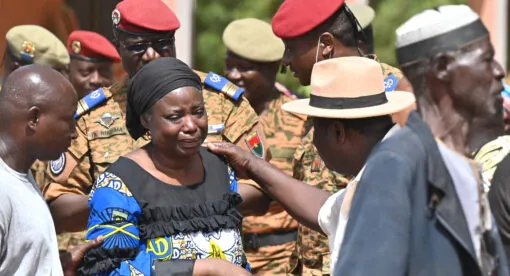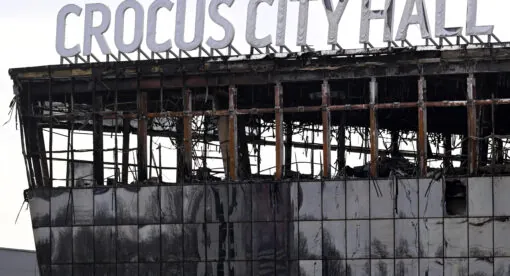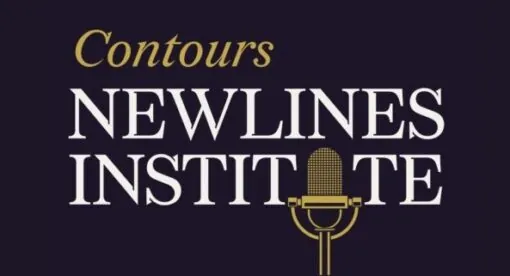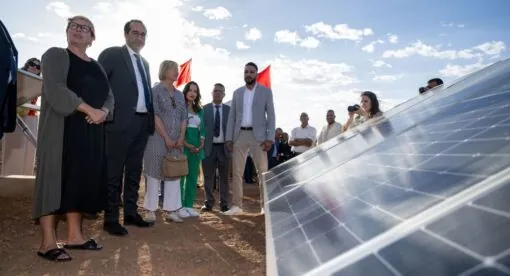Executive Summary
■ The Syrian economy is in a meltdown, with unprecedentedly rapid depreciation of the Syrian currency and a sharp rise in food prices, leading to widespread hunger throughout the country. The regime is clearly struggling to fill its coffers and is unable to halt the country’s rapid economic decline.
■ Damascus was forced to quickly end the COVID-19 lockdowns it instituted due to widespread hunger among the population, which is increasingly reliant on day labor and second and third jobs to make ends meet. However, these containment measures also served as fertile ground for new forms of corruption and exploitation by regime officials.
■ The regime is attempting to direct whatever resources are still at its disposal – both state resources and foreign aid it attempts to
control – toward those deemed loyal, and particularly members of the Alawite sect.
■ Syrians living under regime control, including those who support the regime, are increasingly angry and frustrated about the government’s corruption and failure to prevent the deterioration of living conditions. However, Syrians are fearful of crossing red lines and mobilizing even merely to protest the crushing poverty and suffocating corruption, much less to demonstrate against the country’s leaders.
■ Western policymakers are faced with a monumental task of attempting to starve a regime that is increasingly behaving as a predatory criminal network, and engender internal breaks among a circle made up of war criminals and profiteers whose personal survival is at stake if the regime disintegrates.
■ The escalation of economic pressure on the government through the imposition of the Caesar Act this month will hinder cronies’ profiteering but also exacerbate the economic hardship Syrian civilians are facing. U.S. policymakers should present the Syrian leadership and its backers with steps short of regime change that could elicit a reduction in external economic pressures.
The views expressed in this article are those of the author and not an official policy or position of the Newlines Institute.

